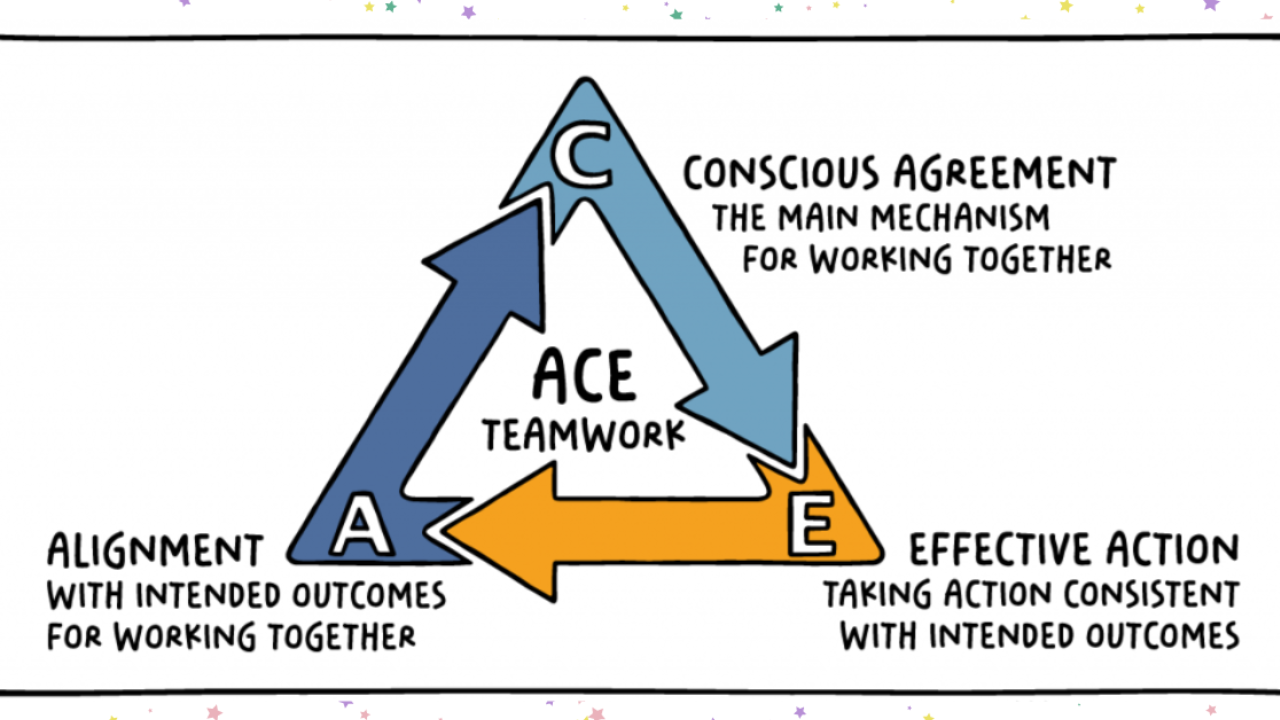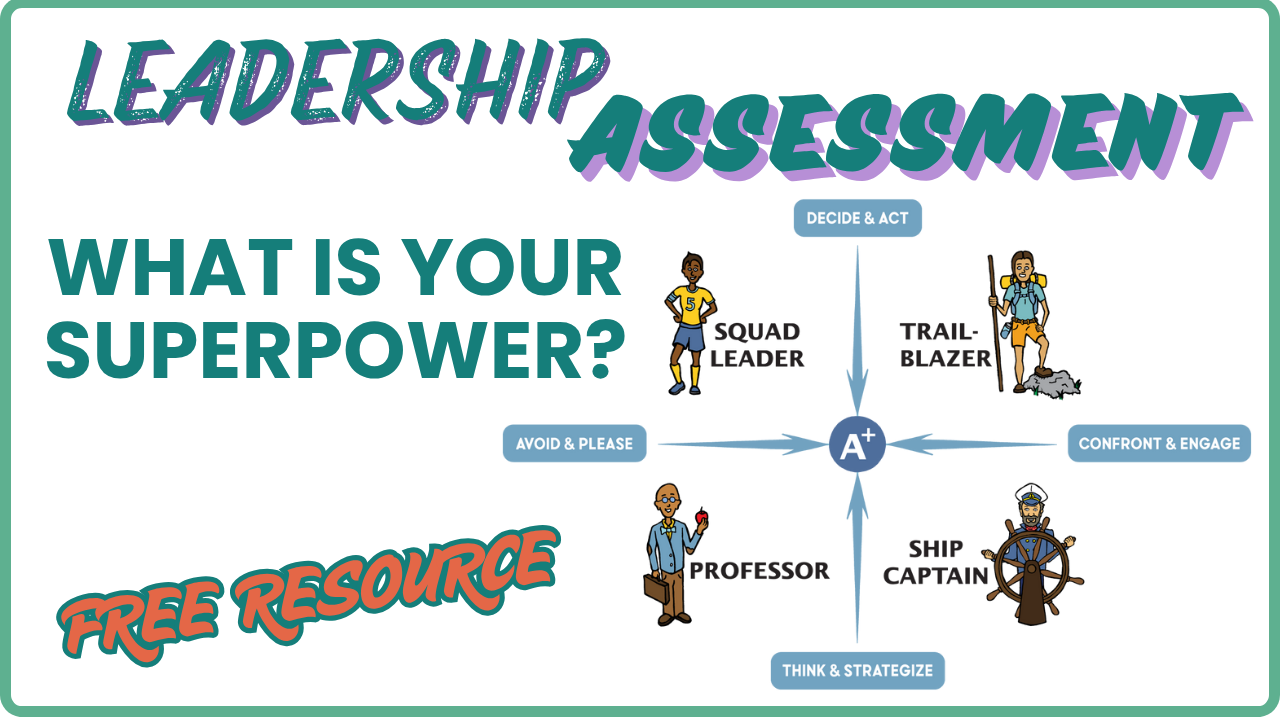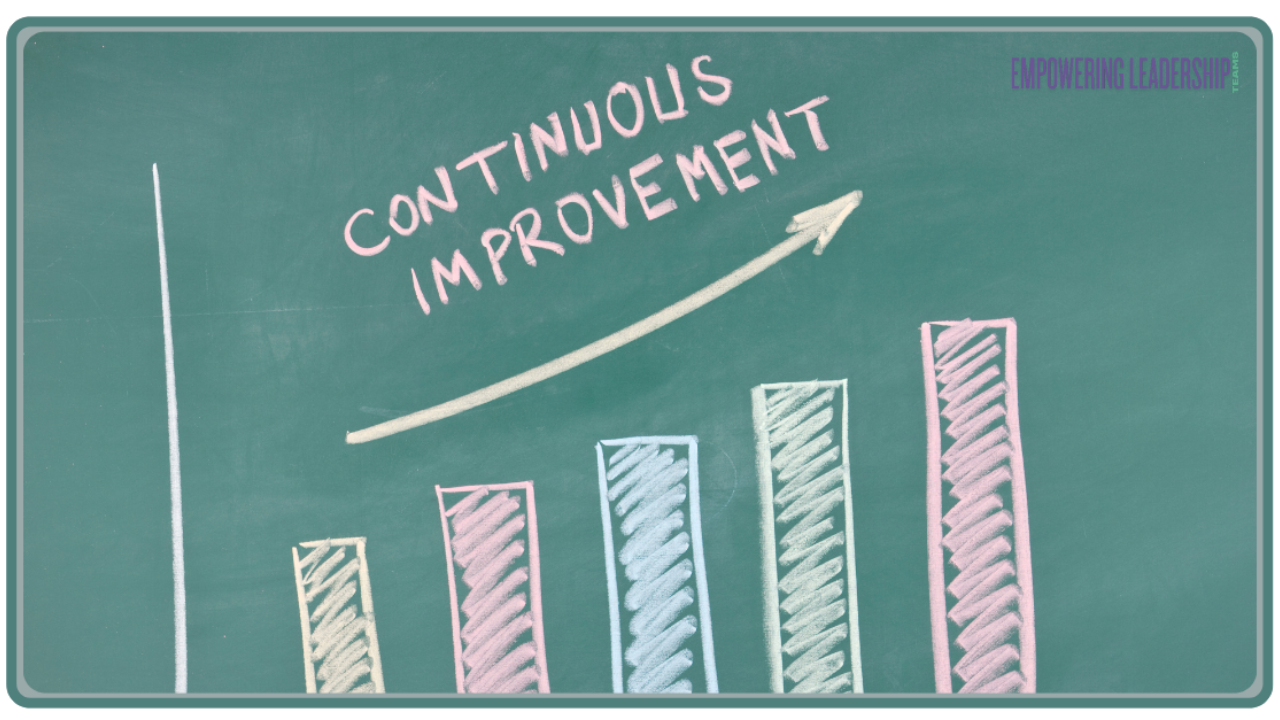Six Steps To Take Your Delegation Skills To The Next Level
agreements delegation heather mcgonigal leadership skills
You can’t do it all, so delegate!
Sounds simple enough, but answer this question:
Do you fall into the trap of delegating tasks without defining what successful completion looks like?
Delegating tasks alone is self-limiting. Without giving complete details about the outcome you’re going for, as the delegator, you don’t get the benefit of teammates' logical thinking and problem solving. For example, it’s problematic for me to simply ask you to do this task, “Cut the rope to the boat.”
What is the outcome of the boat when you cut the rope? Ideally you would be given the opportunity to ask questions to clarify the purpose, or I, as the delegator, would supply that information. But without more details, you would simply do the task you are told to do and leave.
In the meantime, the boat floats down river in the white rapids. What was supposed to happen to the boat? Without knowing the purpose and outcome, you can’t do any critical thinking or problem solving about what happens to the boat after the rope is cut. You were not privy to that information, so you can’t care. You did the requested task; you cut the rope. An extreme example, but you get my point.
ACE DELEGATION IS NEXT LEVEL DELEGATION
You already may think you know how to delegate effectively. However, I want you to receive the benefit of developing this very fundamental leadership and teamwork skill. Your delegation skills will move to the next level with six steps. They are easy to learn and easy to follow: the ACE Delegation Script.
You already may think you know how to delegate effectively. However, I want you to receive the benefit of developing this very fundamental leadership and teamwork skill. Your delegation skills will move to the next level with six steps. They are easy to learn and easy to follow: the ACE Delegation Script.
When delegating to others, your goal is to define what DONE looks like.
Most likely, this is a paradigm shift for you. You're no longer going to be delegating tasks. You are delegating outcomes. And the outcome is explained so that you and others picture it when it’s successfully DONE. Describing it in detail so that whatever is in your mind, or your CEO's mind, or your marketing director's mind, is fully translated and shared with the people that are going to be doing each part of a project. It’s worth saying twice: share clearly with all who are completing the tasks and goals, so that they know how their pieces of work connect to the outcome.
As mentioned in the beginning, you can no longer just delegate tasks because when you delegate tasks, you just get help with that one specific thing. And your teammate can't do any thinking to be sure the intended outcome is achieved.
YOUR TEAM IS MORE THAN A SET OF HANDS
Since your team members are more than sets of hands, share this blog and the ACE Delegation Script (below) with them. This brings successful results to you, the delegator, and your team members (the people helping you with the project). By giving necessary information, people can do their part by knowing what questions to ask ahead of time. They're empowered to do problem solving and critical thinking on their own, which assures good results.
Empower Each Other with ACE Delegation
STEP 1: WHAT does the intended outcome look like?
To achieve clear outcomes, confirm you're seeing the defined outcome(s) in the same way.
ACE stands for how we put teamwork into action at Empowering Leadership Teams. A: Align to the Outcomes C: Make Conscious Agreements E: Take effective action.
When delegating, the very first thing you share and discuss, until it’s clear, is the intended outcome.
WHAT DOES THE INTENDED OUTCOME LOOK LIKE? I can’t say that enough. There are six steps to follow when delegating, but first start with the what. Share the definition of done. It is the same as the intended outcome. Whatever phrase sticks with you best. Share exactly what that is.
STEP 2: WHY it is being done; explain the purpose and benefits to the goals of the company.
Why does this piece that I’m delegating to you, why does it even matter? What is the purpose for your clients, and why is it positive for the overall picture of your business? What is this helping us to achieve? People need to understand the WHY of what they are working on.
STEP 3: HOW? Ask, “What do you, (the person performing the work) need to be successful?”
This step is important because you are directly asking the person you’re delegating to what they need to be successful. It works. It gets them engaged. They can picture themselves doing whatever it is as they take in the “what” “why” and “how”—with the “who” being them.
What are they going to need to be successful? They begin to actively join you in the purpose of this delegation, which in-turn gets better results. And it is quite a gift and time-saver, when you give them the opportunity to ask anything. What needs to be clarified? What resources do they need? Do they have conflicting priorities on their plate? This gives time and space to bring up all things that could interfere with them successfully completing their part.
STEP 4: WHAT IF?
You know, and I know, that life and business don’t always go exactly according to plan, right? So when the challenges hit, what are you going to do? How might you respond? Here at Empowering Leadership Teams we provide tools that are built into our leadership training. One is to discuss potential challenges ahead of time. If it crops up, how might a particular challenge be managed? How might a challenge be mitigated to avoid negative impacts when it does arise? Thinking and discussing such things in advance, together, creates a mini plan. Hopefully it won’t be needed, but when it is, there is clarity about how to respond in that moment.
STEP 5: FOLLOW UP
The person delegating and the person(s) doing the work decide on how the project will be monitored or follow-up upon. How will each person respond to significant challenges and urgent issues? This helps you align on the same page as you get very specific about what you will do. Are you going to have project meetings? Is this a big, important project? Depending, you will monitor and follow up during a weekly, bi-weekly, or monthly project meeting. And then in between the meetings, how will you communicate? Will updates be in the project management software, in Slack, in a flash report, by text or email? Where are you (the delegator) expecting the team to keep you up to date?
In this step, how will you stay connected on the progress and when? Agree on how that follow-up is going to happen. This way, you'll never be out of the loop completely. You will have continuing status updates and have confirmations that progress on “things” are being handled in the expected timeline. This sets you up to delegate more successfully and also be better tuned in with your team members.
STEP 6: All right. Last but not least, the big finish!
How will you, (the person delegating the work), know when the work is complete and what results were achieved?The importance of this step has to be emphasized. Wondering is eliminated. There are no open loops; this step closes the loop.
Have you ever delegated something and then woken up at two o'clock in the morning and wondered what happened to a particular project or goal? Surprised, you admit to yourself, I don't know since I’ve never heard anything. I haven't done anything more with it. What happened, and where did it end up? I hope it all turned out okay; I need to find out.
I want to save you from those moments. I want you to be able to breathe, and not have to lose sleep thinking about what happened?
The key is for the person doing the work that was delegated to him or her, to let you, the delegator, know when it's complete and done. The delegator needs to be filled in: How did it go? What happened, right? What was surprising?
The delegation is made final and complete when the person doing the work reports the results and final outcome.
Active participation, where both parties take initiative and responsibility where they should, makes for effective communication and teamwork.
And besides that, it makes for a safe, productive, rewarding work culture.
Get on with delegating. Done right, it works great!
-Coach Heather

Blog Categories
















